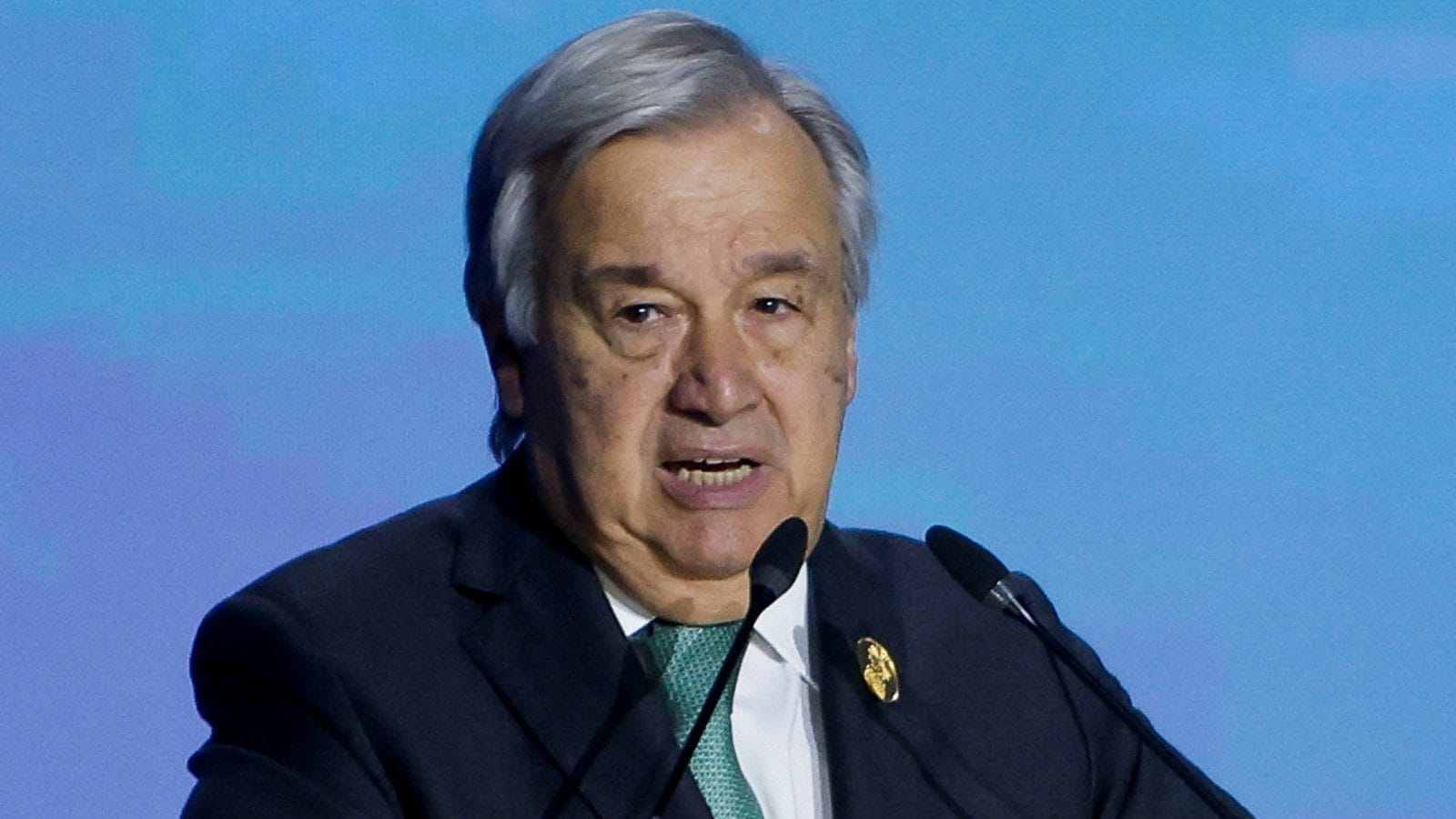Poor Nations’ Leaders Unleash Anger and Despair at UN Least Developed Countries Meeting
Leaders from the world’s poorest nations poured out their disappointment and bitterness at a UN summit on Sunday over the treatment of their countries by richer counterparts.
Many made pointed calls for the developed powers to come good with billions of dollars of promised aid to help them escape poverty and battle climate change.
Central African Republic’s president told the UN Least Developed Countries meeting in Doha that his resource-rich but impoverished nation was being “looted” by “Western powers”.
UN Secretary-General Antonio Guterres followed up an attack he made a day earlier on the “predatory” interest rates imposed by international banks on poor states.
He said there could be “no more excuses” for not providing aid.
But the opening day of general debate at the once-in-a-decade summit saw no major announcement of desperately needed cash — apart from $60 million that host Qatar said it would give to United Nations programmes.
Leaders of the world’s major economies have been markedly absent from debate, which will last five days, on the turmoil in poor nations.
At a meeting with LDC leaders on Saturday Guterres called for $500 billion to be mobilised for social and economic transformation.
Leaders also used the first day of public debate to renew demands that industrialised governments hand over a promised $100 billion a year to support their efforts to counter global warming.
Presidents and prime ministers from Africa and the Asia-Pacific region made calls for financial action.
Bangladesh Prime Minister Sheikh Hasina, whose country of 170 million is scheduled to graduate out of LDC status, said poorer nations “deserve” certainty over financing for development and climate.
“The international community must renew its commitment for real structural transformation in LDCs,” Hasina said.
“Our nations do not ask for charity. What we seek are our due international commitments.”
‘Epic battle’
Zambia’s President Hakainde Hichilema said providing the finance was “a matter of credibility”.
“LDCs cannot afford another lost decade,” declared Narayan Kaji Shrestha, deputy prime minister of Nepal, which is also to leave the LDC club for the Middle Income Countries division by 2026.
Shrestha said that in the five decades since LDC status was established to give countries trade privileges and cheaper finance, they had been “fighting an epic battle against poverty, hunger, disease and illiteracy.”
He highlighted that only six countries had so far escaped the LDC status that some nations consider a stigma.
Central African Republic’s President Faustin-Archange Touadera used his speech to lash out at sanctions imposed by the UN Security Council and other institutions against the huge but sparsely populated nation that has seen decades of instability.
Touadera said the country’s 5.5 million people could not understand how, with vast reserves of gold, diamonds, cobalt, oil and uranium, it “remains, more than 60 years after independence, one of the poorest in the world”.
“Central African Republic has always been wrongly considered by certain Western powers as a reserve for strategic materials,” he added.
“It has suffered a systematic looting since its independence, helped by political instability supported by certain Western powers or their allies.”
The country has been under a UN arms embargo for a decade, while the EU imposed sanctions against the Russian mercenary group Wagner over its activities in Central African Republic and other neighbouring countries.
One sanctioned Wagner official was a “security adviser” to Touadera, according to the EU.
Gold and diamond companies linked to Wagner in Central African Republic and Sudan were also hit by EU sanctions.
The LDC summit lasts until March 9 while hundreds of business executives are attending a parallel private sector forum.
Read all the Latest News here
(This story has not been edited by News18 staff and is published from a syndicated news agency feed)
For all the latest world News Click Here

